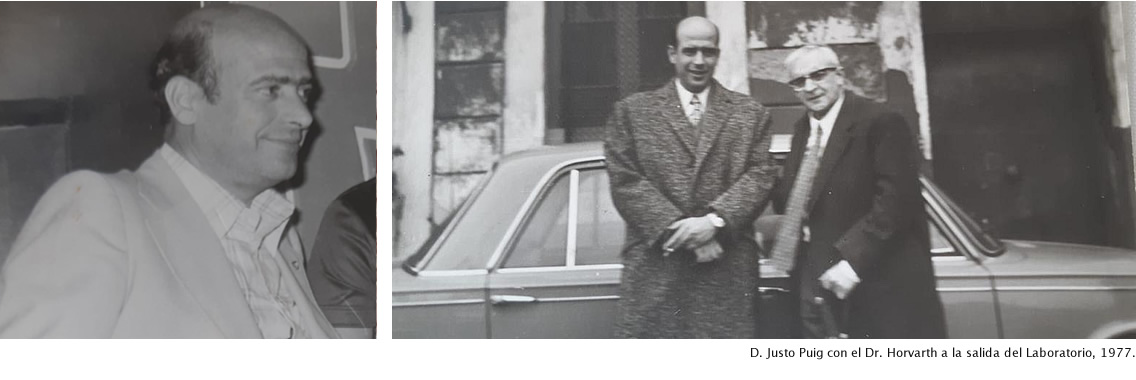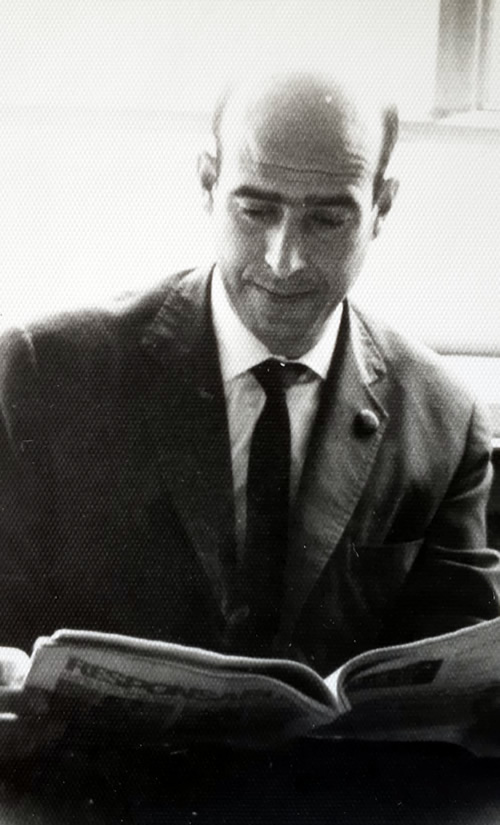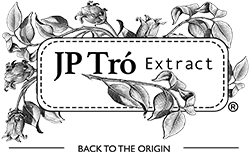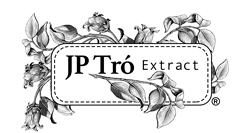In Memoriam
D. Justo Puig Tró
Alicante, Spain, January 13, 1934 – San Juan, Spain, December 21, 2016
In 1967, Dr. F. Alvarado and Dr. A. Horvath worked on different studies on the beneficial effects that a series of plants belonging to the family of Polypodiaceae (Polypodiaceae) could have on health. As in any project, they needed much more academic and financial support than they had at the beginning.
After almost a decade, in 1976, both doctors, under the aegis of the United Nations, traveled around the world in search of such support. From March 1976 to April 1977, Alvarado and Horvath visited countless countries and institutions. However, no university, organization or company was willing to provide them with sufficient sponsorship and assistance to carry out their research. The United Nations, in the face of the generalized academic and business refusal, also stopped supporting them. The studies had an apparent problem that provoked disbelief and lack of interest: the supposed beneficial effects that were produced did so without causing side effects.
It was in May 1977 when Mr. Justo Puig Tró, who at that time headed the scientific and commercial department of a Spanish laboratory, contacted them. His idea was clear: they had to continue with the research in any way they could. And not only would he provide them with the financial and corporate support that others had denied them to continue with the studies, but he would actively participate with them in the research so that it would come to fruition. Doctors F. Alvarado and A. Horvath eagerly accepted Justo Puig’s proposal. In June 1977 they got down to work.
What they didn’t know at that time was that those first studies would only be the tip of the iceberg. But it was not going to be an easy road. In July 1978 they began to receive threats from the business world and the pressure was getting more and more intense and Dr. Horvath abandoned the project. Finally, Mr. Justo Puig managed to gather a heterogeneous group of friends, including other scientists and doctors, and thus join forces to launch a much more ambitious project together with Dr. F. Alvarado. And so they did, but it never succeeded and, although we know the reasons, this… is another story.
On December 21, 2016, Mr. Justo Puig Tró died a natural death. But three days before, he wanted to make sure that his son, Raúl Puig, promised him that he would continue his legacy. He gave him the confidence and intense strength to do so. Furthermore, after his departure, Mr. Justo Puig left his son the keys to take it forward.
Mr. Justo Puig Tró said: “The balance of life is like holding a piece of burning coal in your hands. Sometimes it is hot and sometimes it burns you. The art of knowing how to hold it is called the art of living, and as long as you can help to improve the lives of others, this balance maintains itself”.
Raúl Puig created a company with the sole objective of improving the quality of life of people, the true dream of Mr. Justo Puig Tró. In addition, the company has one of the best scientific committees in the world, and his efforts, like those of the entire company, are at the service of health and science.
-SiArt Swiss Company, yes to the art of living.

Justo Puig Tró Foundation
For us, the Justo Puig Tró Foundation is fundamental.
The objective will always be to help the most disadvantaged
Thanks to the health surveillance systems that different non-governmental organizations and institutions have on the ground, we will try to improve the health of those most in need through our product, including them in humanitarian programs in which we can agree.
In addition, we will contribute a good part of our efforts in the fight against diseases whose costly treatments cannot afford the most disadvantaged.
Thanks to the studies carried out by our scientists, we know that our product is able to help fight deadly diseases and epidemics without side effects.
Our foundation will not only try to coordinate with non-governmental agencies and institutions, but also with governments that want to support our initiatives and work. In this same sense, one of our main challenges will be to help the native population of different parts of the world in the cultivation and collection of curative ancestral plants. All this, within the framework of sustainability and fair trade.



